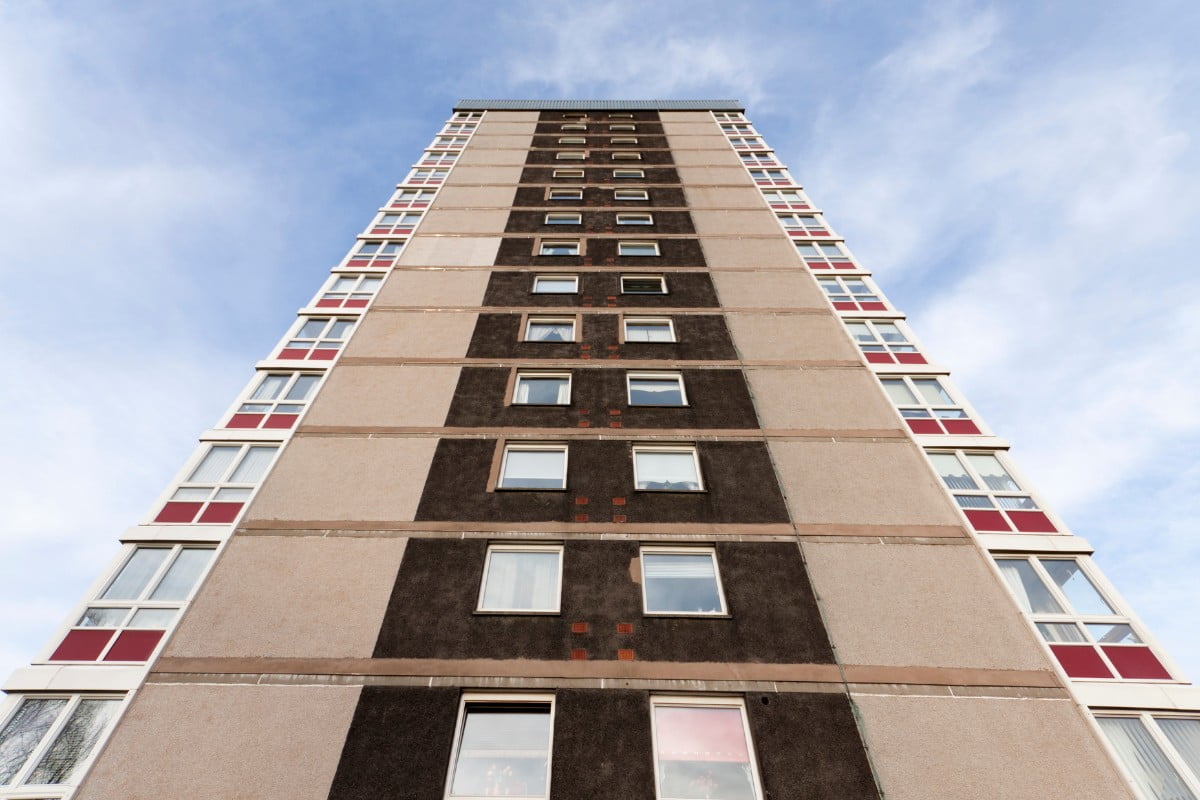In April, the new National Living Wage came into force. But this “Living Wage” is nothing of the sort. Instead, many employees are seeing very little increase, if any – losing with one hand what they gain with the other – as big business seeks to claw back profits at the expense of workers.
In April, the new “National Living Wage” came into force. The wage is effectively a higher band of the National Minimum Wage for over 25s, meaning they are now expected to be paid a minimum of £7.20 an hour, compared to £6.70 for 21-24 year olds and £5.80 for 18-20 year olds.
Ordinarily a 7% pay rise is not to be sniffed at. Why then has the introduction of the new wage been met with indifference from workers? The answer is that workers rightly understand that they will actually see very little benefit from the pay increase…and in many cases may actually lose out!
Giving with one hand; taking with the other
The first thing to say is that the Tories’ “National Living Wage” is actually nothing of the sort. The actual Living Wage – an amount calculated independently as the minimum necessary for a basic standard of living – is £9.40 in London and £8.25 in the rest of the country – significantly higher than the paltry £7.20 being peddled by Osborne and co.
Such is the inadequacy of the current minimum wage for meeting the cost of living in the UK that most families on minimum wage jobs also qualify for benefits in the form tax credits and housing benefit. Since the crisis of 2008, the proliferation of low-paid insecure jobs has seen an explosion of working families claiming housing benefit, with the number claiming this welfare payment more than doubling to 1.1 million in 2015. The way these benefits work means that only a very small amount of the pay increase resulting from the National Minimum Wage will end up in workers pockets, since as they earn more their benefits will be reduced.
Indeed, at the same time as they unveiled the National Living Wage, the Tories also announced massive cuts to tax credits, which – had they been implemented – would have left families thousands of pounds worse off, even with the “Living Wage” pay rise. After a storm of protest, the government was forced to backtrack on these cuts, but the reality is that they will still eventually go ahead under the guise of Universal Credit, the new benefit replacing tax credits and housing benefit. As such, a recent report by the Resolution Foundation found that 4.2 million families will be worse off when they’re transferred to Universal Credit.
A fig-leaf for cuts
But the manifest failings of this pseudo-progressive policy don’t end there! After the introduction of the higher wage, companies up and down the country have used it as an excuse to attack workers’ terms and conditions. Employees in businesses as diverse as coffee shops, supermarkets and factories have seen a torrent of cuts to overtime pay, bonuses, paid breaks and other hard earned perks.
Huge retail chains such as Tesco, Wilko, B&Q, Morrisons, and (the supposedly worker-friendly) Waitrose have cut Sunday and overtime pay. One worker at B&Q, for example, has reported that their take home wages will fall by as much as 30% due to the loss of Sunday pay. Other companies have removed paid breaks, whilst coffee chains EAT and Café Nero have cut the free food previously provided for their employees’ lunch.
Despite the fact that these companies continue to make substantial profits, it is abundantly clear that they cannot abide a single penny more going to their workers. The Tories’ half-hearted attempt to increase wages as a fig-leaf for deeper cuts in other areas has simply led to companies clawing back the money back elsewhere. This is the logic of capitalism: companies are duty bound to maximise their profits, and this inevitably comes at the expense workers.
Fight for a real living wage! Fight for socialism!
Any attempt to legislate improved pay and conditions for workers without the pressure from below of a militant and organised workforce prepared to defend their gains will inevitably result in big business ramping up their exploitation by other means. This is especially true in times of capitalist crisis – and we are currently experiencing the worst crisis in capitalism’s history. It is no coincidence, for example, that those industries most reliant on minimum wage workers are the least unionised.
It is an urgent task of the labour movement to organise those workers for whom the living wage has actually been a pay cut, and to help them to take collective action in defence of their terms and conditions.
We support and fight for any genuine improvement in the lives of working people. But what is necessary to achieve a decent standard of living for workers in all countries on a permanent basis cannot be granted under capitalism. The only way to ensure a genuine living wage for all is to take over these exploitative firms and run them democratically in the interests of their workers and society as a whole.






